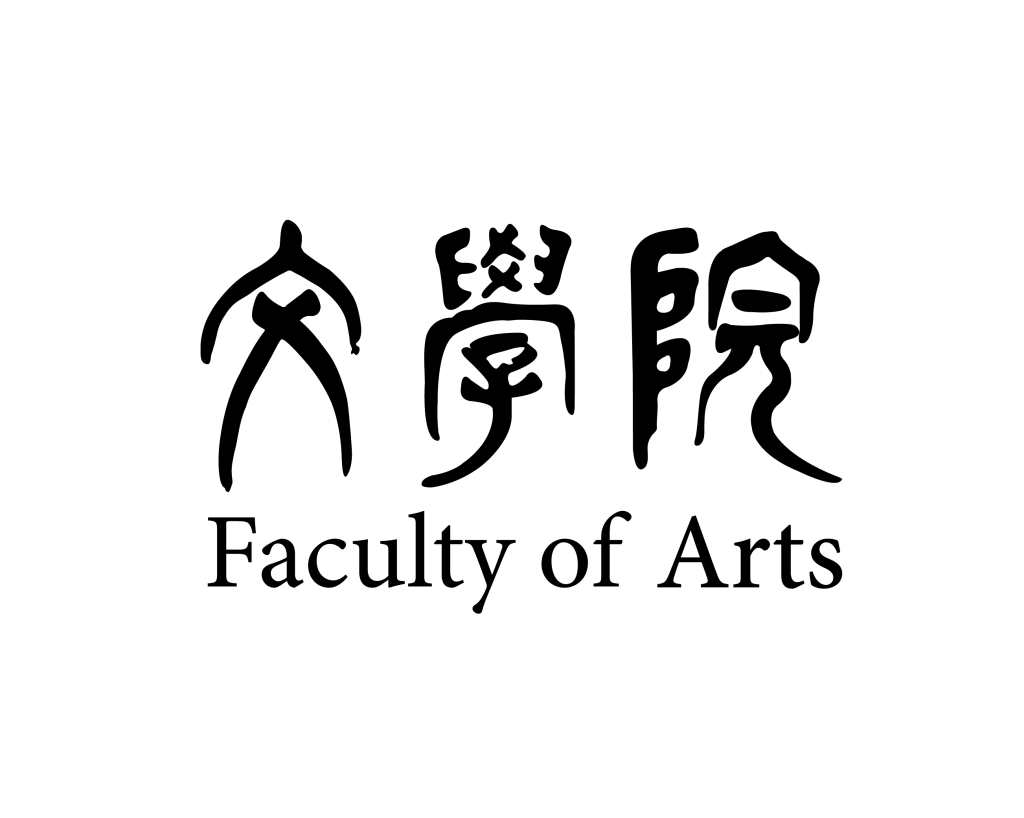Date: 7 December 2015 (Monday)
Time: 12:00nn – 1:30pm
Venue: G24, Fung King Hey Building, CUHK
Speakers: Prof. David Der-wei Wang王德威教授 and Prof. Pang Laikwan 彭麗君教授
Chair: Prof. Cheung Likkwan 張歷君教授
Language: Putonghua
Registration: http://goo.gl/forms/bsPVPklf0Z
David Der-wei Wang is Director of CCK Foundation Inter-University Center for Sinological Studies, and Academician, Academia Sinica. His research interests include modern and contemporary Chinese literature, late Qing fiction and drama; comparative literary theory; colonial and modern Taiwanese fiction, and Asian American and diasporic literature; plus Chinese intellectuals and artists in the mid-20th century. Wang took his B.A. in foreign languages and literature from National Taiwan University, and his M.A. (1978) and Ph.D. (1982) in Comparative Literature from the University of Wisconsin at Madison. Wang taught at National Taiwan University (1982-1986) and Columbia University (1990-2004). He first came to Harvard in 1986, serving as Assistant Professor of Chinese for four years. He rejoined the Harvard faculty in 2004, when he was named Edward C. Henderson Professor of East Asian Languages and Cultures. Wang’s recent publications include Taiwan under Japanese Colonial Rule (co-ed. with Ping-hui Liao, 2007), Globalizing Chinese Literature (co-ed. with Jin Tsu, 2010),and The Lyrical in Epic Time: Modern Chinese Intellectuals and Artists through the 1949 Crisis (2014). He is Editor of Harvard New Literary History of Modern China (forthcoming, 2015). Wang received the Changjiang Scholar Award in the PRC in 2008. He was the 2013-14 Humanitas Visiting Professor of Chinese Studies at CRASSH, the Centre for Research in the Arts, Social Sciences and Humanities, at Cambridge University (U.K.), where he gave a series of three public lectures on the ‘Chineseness’ of Chinese literature.
Pang Laikwan received her Ph.D. in Comparative Literature from Washington University in St. Louis, and her dissertation was turned into her first book, Building a New China in Cinema: The Chinese Left-wing Cinema Movement, 1932-37 (Rowman and Littlefield, 2002), also the first book-length study in any language of the Left-wing Chinese cinema in the 1930s. Her second book, Cultural Control and Globalization in Asia: Copyright, Piracy, and Cinema (Routledge, 2006), uses an interdisciplinary approach to study copyright issues and film piracy in China and Asia, demonstrating that today’s mass culture is made up of, and constantly renewed through, processes of copying. Her third book, The Distorting Mirror: Visual Modernity in China (University of Hawaii Press, 2007), analyzes the multiple and complex ways in which Chinese people interacted with the new visual culture that emerged during the turbulent period between the 1880s and the 1930s. Her first Chinese book, Huanghun Weiwan (Chinese University Press, 2010), analyzes the local and transnational dimensions of Hong Kong cinema after 1997. Her latest work, Creativity and Its Discontents: China’s Creative Industries and Intellectual Property Rights Offenses (Duke University Press, 2012) is about the Creative Economy and Intellectual Property Rights offenses taking place in China, and it demonstrates that the proliferation of piracy and counterfeiting in today’s China opens the door to a new understanding of the logic of late capitalism. She is now working on two new research projects, related to China’s Cultural Revolution and Hong Kong’s independent film culture.
Light refreshment will be provided.
All are welcome. Registration is required by 3 December 2015.
Enquiry: 3943 1255 / cuccs@cuhk.edu.hk




